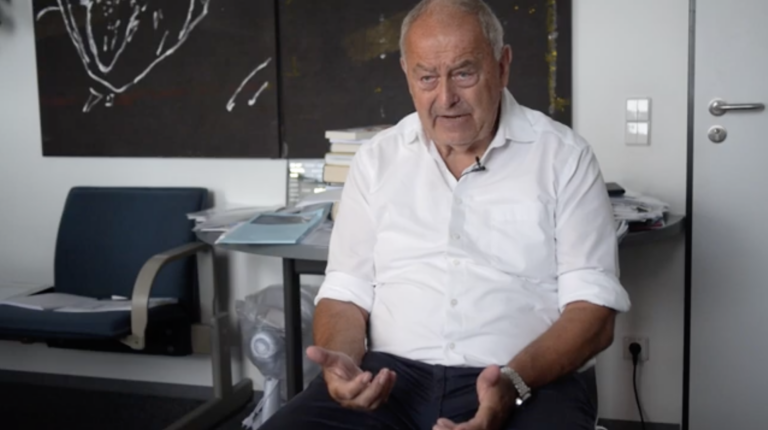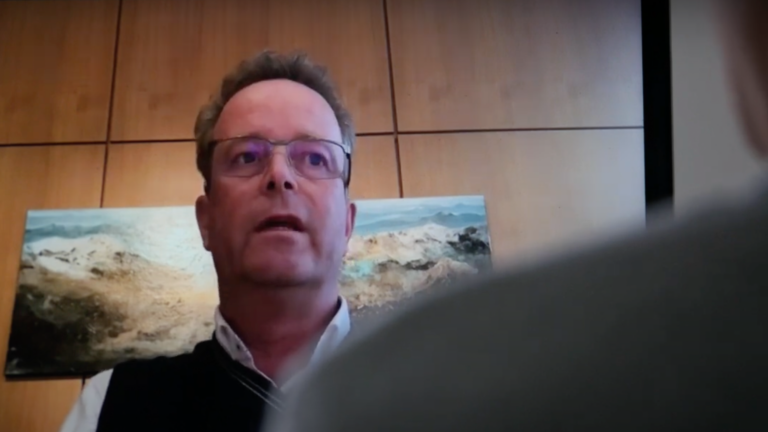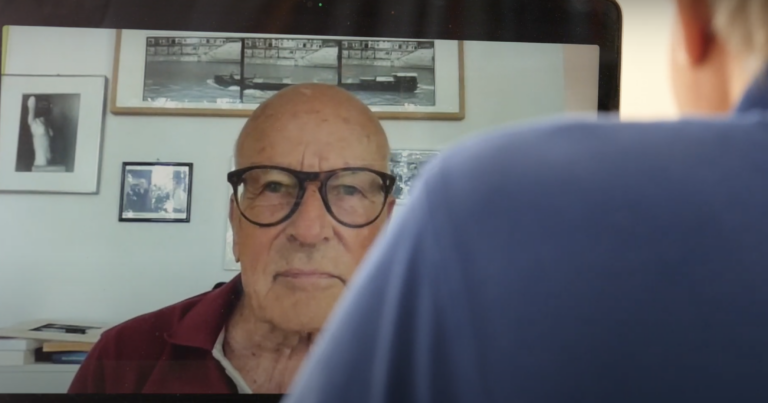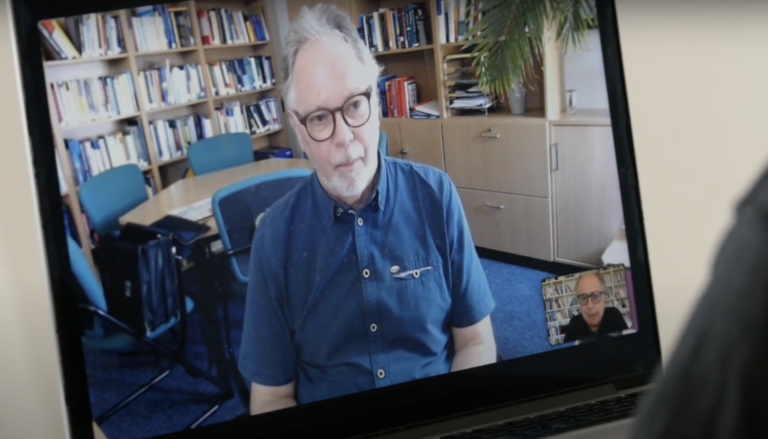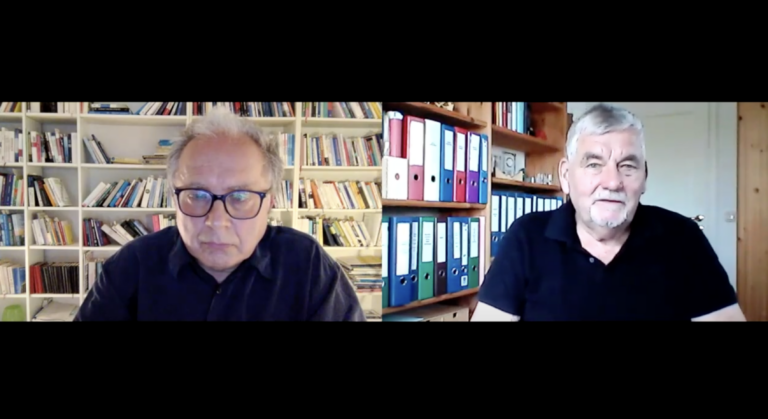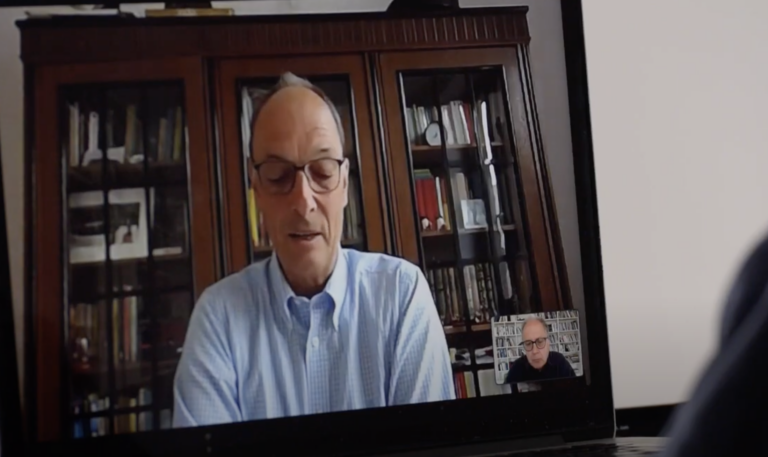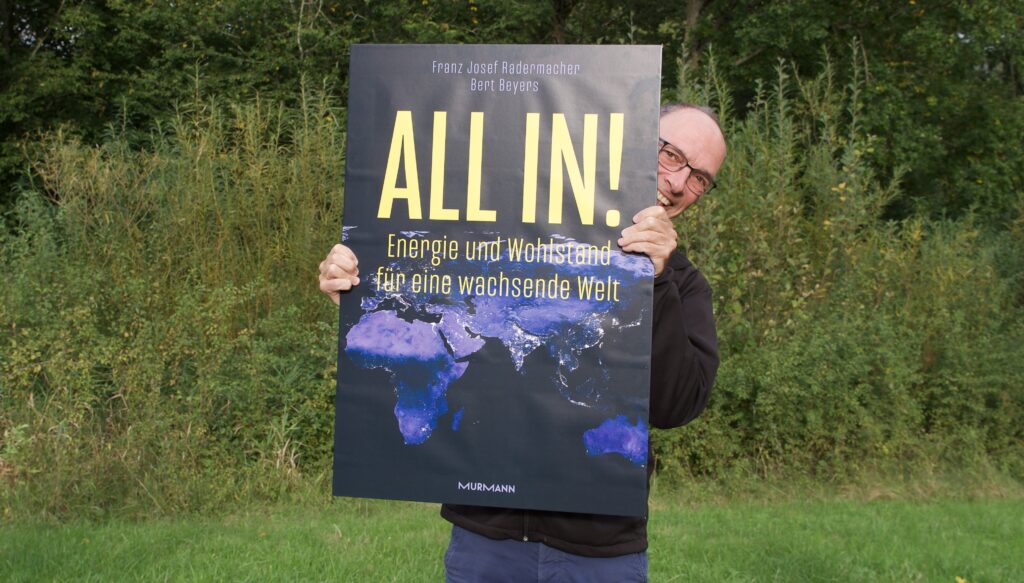Interviews

Subscribe to our newsletter
- Interviews
Copenhagen Atomics – the nuclear power plant in a container
Read onCopenhagen Atomics is a young company that has set itself the goal of building Small …
- Interviews
The new book by GES: ALL IN!
Read onIn a detailed interview, Franz Josef Radermacher explains what the book is about: “The key …
- Interviews
“We need more expertise in politics”
Read onAxel Pieper is a medium-sized entrepreneur. Together with his wife Regina Brückner, he founded the …
- Interviews
“Every small step is a step forward and better than doing nothing at all.”
Read onIn his documentary film “The Forest Maker” (2021), Volker Schlöndorff portrays the agronomist Tony Rinaudo. …
- Interviews
Stop Germany going it alone in climate policy!
Read onJoachim Weimann is a professor of economics in Magdeburg and advises the think tank R21 …
- Interviews
Fuels for climate-friendly mobility
Read onIn this interview, Hans Jürgen Wernicke (GES) explains the technical possibilities for making the various …
- Interviews
An affordable, climate-neutral electricity system for Germany
Read onChristof von Branconi summarises the key points of the new GES paper on the electricity …

